Even before Forza Horizon 5 fully launched worldwide, it had already amassed nearly a million players who pre-ordered its premium membership option. After its full release, that number jumped up to a height nearly as grand as the volcano at the center of the game’s map, making it the biggest release in Forza history and one of Microsoft’s grandest launches ever. With stellar review scores, a huge wave of social media engagement, and awards coming from all directions, Forza Horizon 5 has undoubtedly made one of the most powerful entrances onto the market that we’ve seen to date. But, how exactly did Forza Horizon become such a juggernaut of a series, arguably even eclipsing its sibling brand from which it initially branched?
After doing a bit of research and some creative thinking, I’ve concluded that it all boils down to three main pillars: prestige, design, and resources.
Prestige: Not so humble beginnings
In the early 2000s, Microsoft built its portfolio with high-profile original franchises for the then-new original Xbox. One genre that was riding sky-high at the time was none other than the sim racing scene. Particularly due to the sheer standing power of Sony’s venerable Gran Turismo series, realistic racing titles were being released left and right by different studios to capture the wave of interest. Observing this, Microsoft created its Turn10 team to establish what was going to become one of the most recognizable franchises in the genre: Forza Motorsport.
While Gran Turismo prided itself on being an elegant celebration of car culture, Forza Motorsport took a slightly different approach. While still paying very clear homage to Gran Turismo‘s trendsetting characteristics, Forza set itself apart by offering an arguably more easygoing experience that was meant to be more inviting. One way this was emphasized was with the implementation of the revolutionary Drivatar AI system; a mechanic that exists up to this day in Forza Horizon 5.
But, of course, the cars were the real bread and butter. The driving model was impressive for the time and has since formed into its own unique style over the years. It’s not overly realistic, but certainly not simplistic.
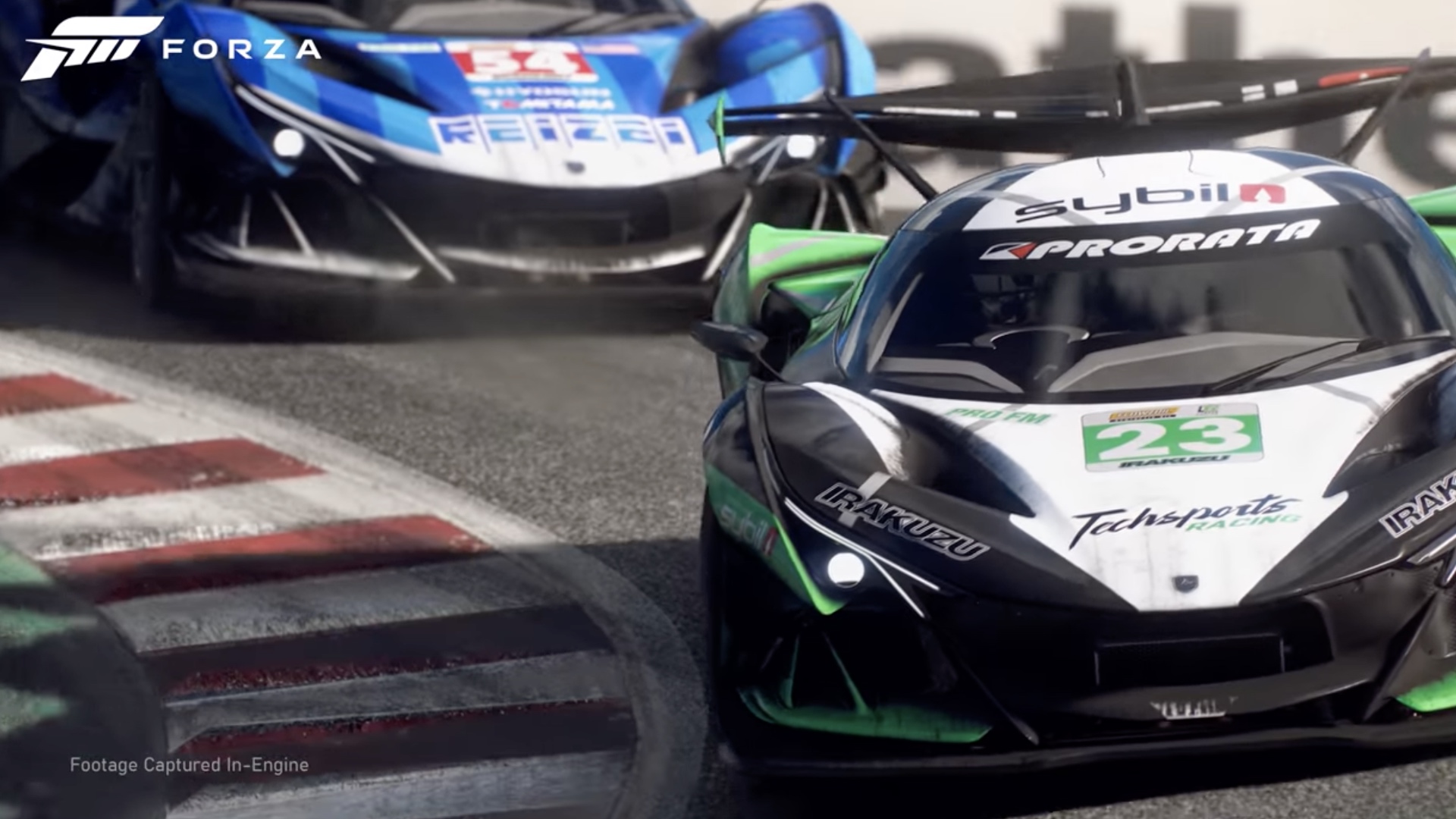
The Forza Motorsport franchise was built to take on Gran Turismo. While it succeeded, it also set a great stage for its sister series later on.
With each release since the original Motorsport, Turn10 cranked up the heat by implementing more technical accomplishments, with a big focus on visuals and performance. Social features like online multiplayer, shareable user-created liveries, and car tunes also became a primary staple of the series. Add to this an ever-growing roster of hundreds of cars spanning different makes, models, and even generations, the Forza Motorsport series established itself as one of the primary names in the world of video game racing. So when the first Forza Horizon arrived in 2012, it had a huge wave of momentum behind it.
Design: A shock to the genre
Just like with its sister series, Forza Horizon was spearheaded by a new team, which is none other than the now household name: Playground Games. While the studio was new at the time, it consisted of members who were alumni of racing studio fame such as Codemasters, Eutechnyx, Criterion, and others. Not only was the talent strong, but so was the toolsets they were provided with.
Rather than starting from scratch, Forza Horizon was built using the same Forzatech engine that powered its sister series. The two brands are literal siblings, as they share DNA. With the two teams working alongside each other, Forza Horizon adapted several of the gameplay mechanics and tech features of Motorsport into a fresh, new format for the franchise: a true open-world “simcade.” With the confines of a circuit now removed, the cars and races were designed to make versatile use of a proper map, which happened to be a stylized take of US state of Colorado.
The core of the game also made a strong introduction with the fictional Horizon Festival. Pitched as a special celebration of music and racing, this fictional festival quickly took on the passionate identity that would only grow more infectiously vivacious as the series progressed. This theme, along with the pedigree of the Forza gameplay, brought an exciting new style that helped to capture gamers’ attention. Of course, Forza Horizon was not at all the world’s first open-world racer — far from it. But, it was special because it looked, felt, and played noticeably different than other titles.
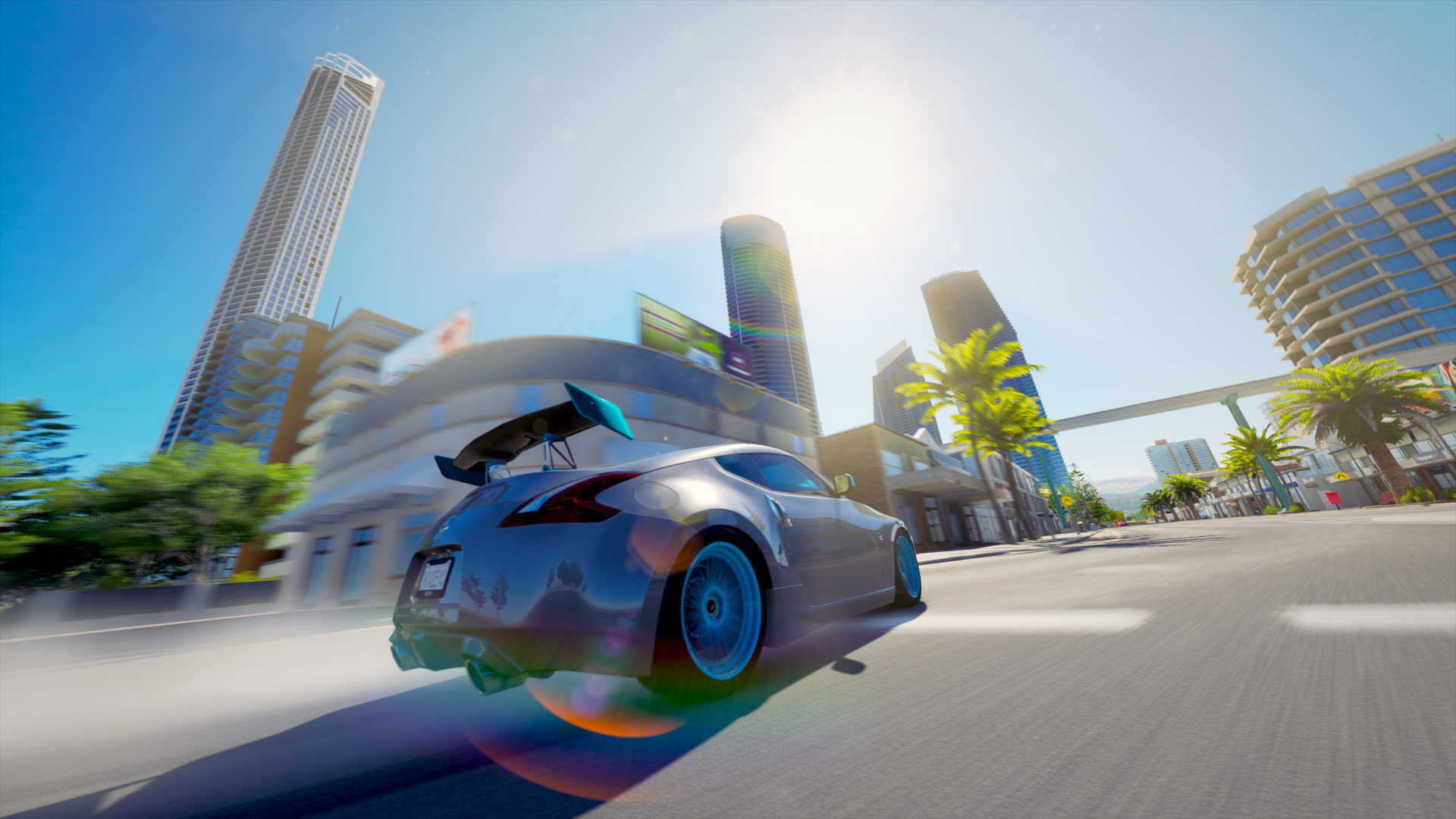
Forza Horizon broke the mold by giving players an open-world with far more variety than other entries in the genre.
Prior to Horizon, other open-world racing games fell into very pattern-like molds. For the most part, they tended to focus on one particular theme and ran with it. And, more often than not, that theme was either some take on inner-city street racing or the wilds of off-roading. Very rarely did they contain elements of both. And even when they did, it was usually just a small dab sprinkled in to give the impression of variety. This is why Forza Horizon was able to turn heads.
While the first Horizon title did have a strong focus on road racing, its first expansion traded the asphalt for the dirt with rally racing. From then on, the series would extensively build upon this diversified racing formula.
Forza Horizon 2 brought the Festival to the beautiful countryside of France and Italy with a blended map that featured elements of both countries. Immediately, the design language of the series was refined and would serve as the blueprint for the succeeding releases. Races and events would have players continually rolling on and off the asphalt, giving them full range to explore areas like fields, factory grounds, and airports. Such locations all existed in past racing games, but they would often be regulated to closed tracks. Even if it was a part of an open world, you’d often only get small chunks of such elements, or they would just serve as backdrops. But here in Horizon, the map felt truly fleshed out and properly utilized.
Forza Horizon 3 expanded on this by featuring not just one Festival site, but multiple locations spread out across its rendition of Australia. Taking full advantage of the locale’s varied landscapes, each Festival site was fittingly dedicated to a specific type of racing. This made for great use of the map, giving players even more of a reason to shuttle from corner to corner as they completed events and expanded each Festival site.
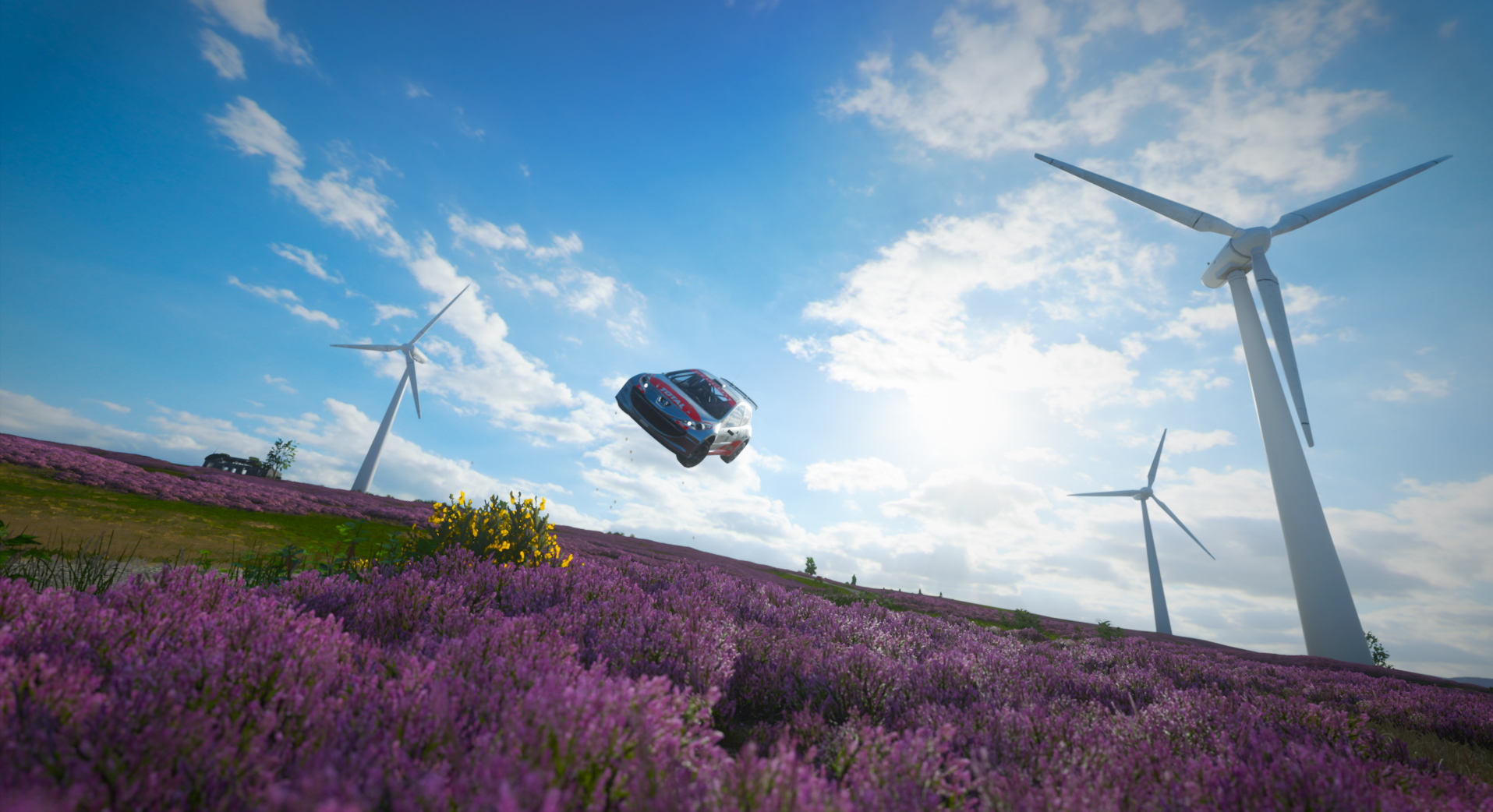
The Horizon series continues to up the ante with each new entry, never feeling like it’s biting off more than it can chew.
Forza Horizon 4 added an even larger layer to the formula with the introduction of dynamic seasons; a design choice that perfectly paired with this iteration of the UK-based Festival. Every season added a slightly different twist to the gameplay, with weather conditions affecting the feel of the car. Winter especially changed things up, as it made new areas of the map accessible. It also made off-roading vehicles the undisputable best choice for any race, due to their ability to handle the snow and ice-laden surfaces.
With Forza Horizon 5, Playground Games has leaned into the depth of map building even more. After toying with more geographical and topographical emphasis in Horizon 4 has provided a breathtakingly detailed take on Mexico, featuring sizeable bits of each of the country’s striking regions. Being the largest map in the series’ history, it’s also the most impressive from a technical perspective. Each of the different regions has its own unique, dynamic weather events and appropriate climate conditions all at the same time. The cherry on top is that Playground leaned into the cultural aspect to a strong degree and provided a look into Mexico that feels authentic and personable thanks to a colorful cast and meaningful side missions. It all makes the game feel a lot bigger than just pure racing—it’s an experience.
All of these continuously improving design elements throughout the series’ history have led to Forza Horizon carving out its very own ambitious corner of the racing genre. It stands out from the rest of the pack by neither over nor underachieving. The developers have managed to make the experience feel bigger with each new iteration, but never to the point of it seeming overwhelming — controlled chaos, if you will. And the fact that each iteration is able to soar so much higher above the rest is because the team has the headroom to keep doing it.
Resources: A garage of greatness
When you think of major franchises like Gran Turismo and Forza, it’s no coincidence that they just so happen to come from equally major companies like Sony and Microsoft. Finding the talent to develop such large-scale projects is one thing, but really it’s the funding that plays just as big of a part in this game of complex concepts.
Forza Horizon 5 has a car roster of nearly 600 vehicles at launch. This roster will continue to regularly grow throughout the game’s lifecycle. With so many different manufacturers represented, we’ll never know the true cost of the licensing fees associated with that alone, never mind the cost of running the servers for such an online-dependent game. Then you have to consider the sheer scale of its map on top of it all. Truly, creating a game as ambitious as Horizon is no doubt an investment and a half. But now, more than ever, Microsoft really doesn’t have to worry about where the money is going to come from (not that it ever did).
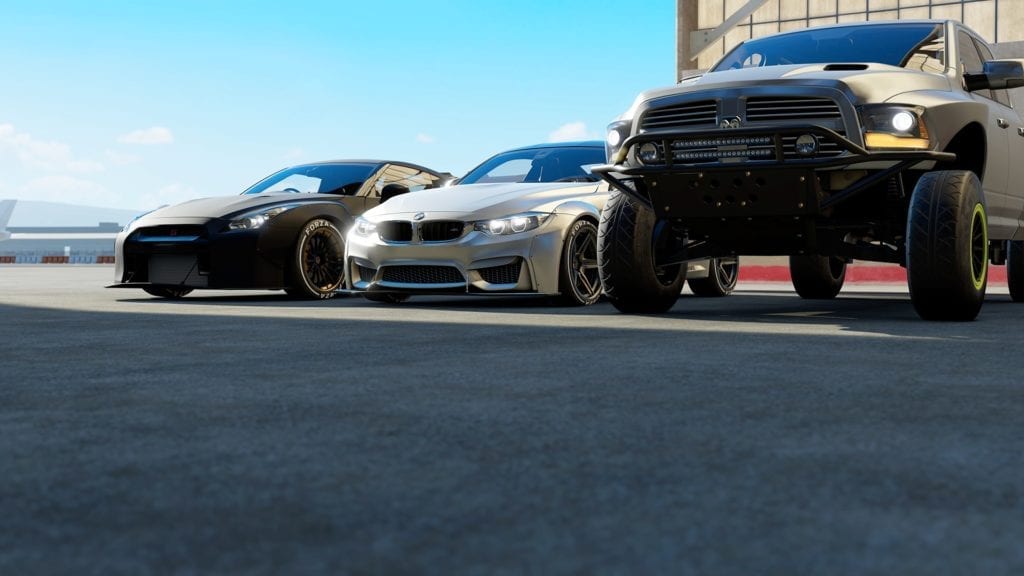
Such an ambitious title thrives off the backing of a large company like Microsoft. The “infinite” overhead allows for each entry to punch higher and higher.
After achieving such considerable success as an Xbox exclusive for years, the franchise finally made the jump to Windows PC in 2016 with the launch of Forza Horizon 3. As a pilot title for what was then known as the Xbox Play Anywhere initiative, this marked a drastic shift for the Forza franchise and Microsoft as a whole. For the first time ever, one of its largest IPs would finally be accessible to the non-Xbox crowd, marking the beginning of Forza‘s massive rise in popularity, particularly the Horizon branch.
Forza everywhere
Looking back at the aforementioned points about Forza‘s gameplay accessibility, this same theme applies to hardware requirements. The choices are now even better. In addition to being on console and PC, Forza is also now playable via the Cloud, allowing people to play it on theoretically any device. And, of course, there’s the fact that Horizon 5 now serves as one of the tentpole titles for Microsoft’s illustrious Xbox Game Pass subscription service, giving the already popular service an even bigger bag of bait to attract more customers.
It’s all of these factors that have fueled Forza Horizon 5‘s race to the peak of the proverbial volcano that it now sits upon. It’s a series birthed out of competition with another brand that then introduced a spinoff franchise that took away the cold-hard rules, replacing them with freedom and excitement. In a twist of irony, one can say that now the real competition lies between Horizon and Motorsport more-so than anything else. But, this newfound wave of Forza fanatics may very well change that.
The Horizon series link to the Forza franchise clearly played a big role in the success of the original release. With Horizon bringing in so many fresh eyes, particularly in the last half a decade, this sets the case up nicely for the upcoming next-gen reboot of Forza Motorsport. While both branches of the series are targeted at different crowds, there is some overlap. I can say that from personal experience, as my love for Forza Horizon 3 is what led me to review and play Forza Motorsport 7. While my admiration does remain primarily with the Horizon branch, the series’ overall pedigree is sure to pique those who’ve come to grow fond of the series thanks to being led in by Horizon 5.
But, no matter which branch of the franchise is leading the pack, one thing remains true: their individual success of each title only benefits the overall momentum of the franchise. As one game introduces new tech and ideas, they often find their way into the other. The series continues to advance as a whole, solidifying its spot as a force to be reckoned with. Clearly, “Forza” lives up to its name — literally.
How did the Forza Horizon series get so big?
Source: Philippines Poverty
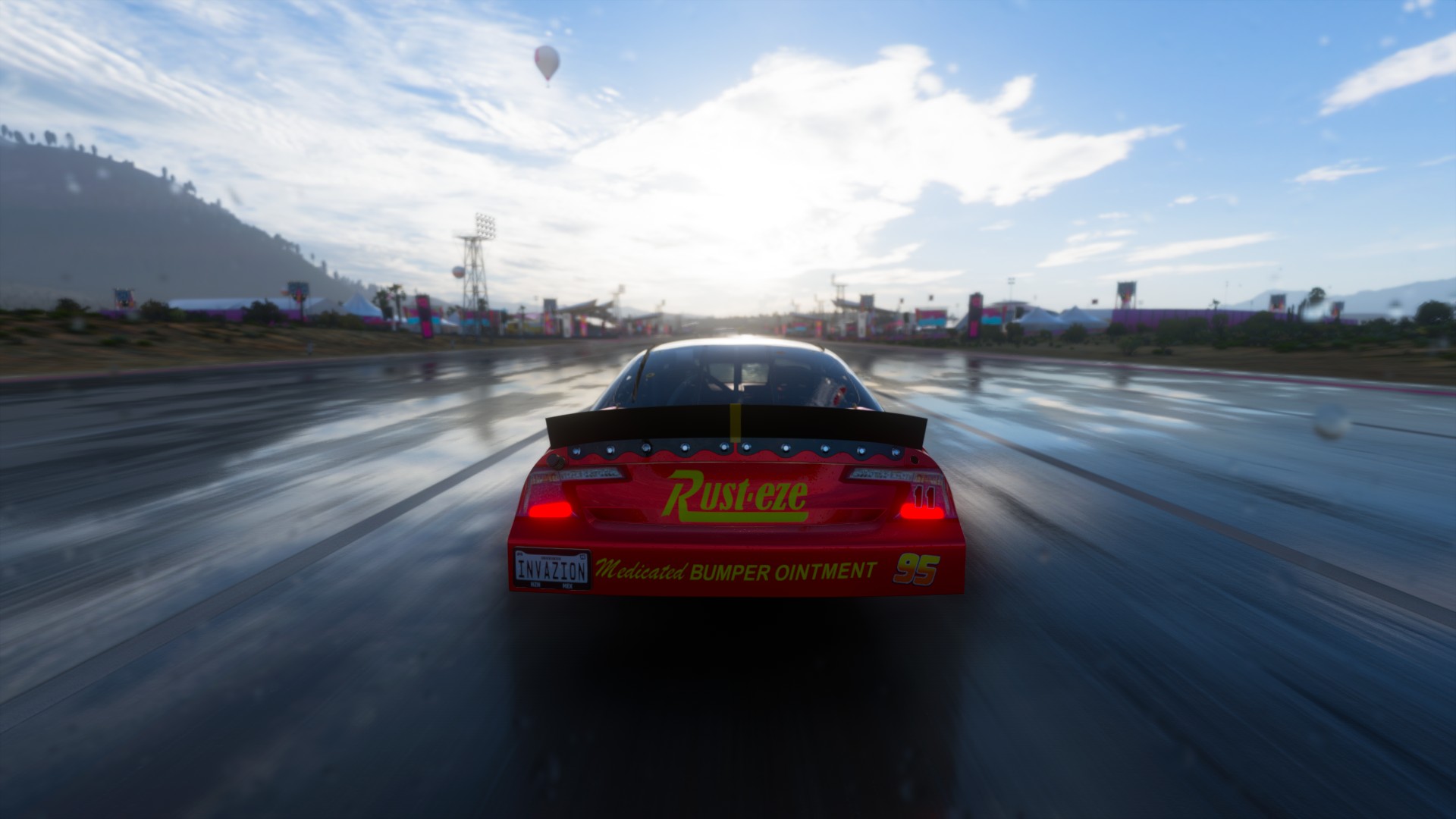
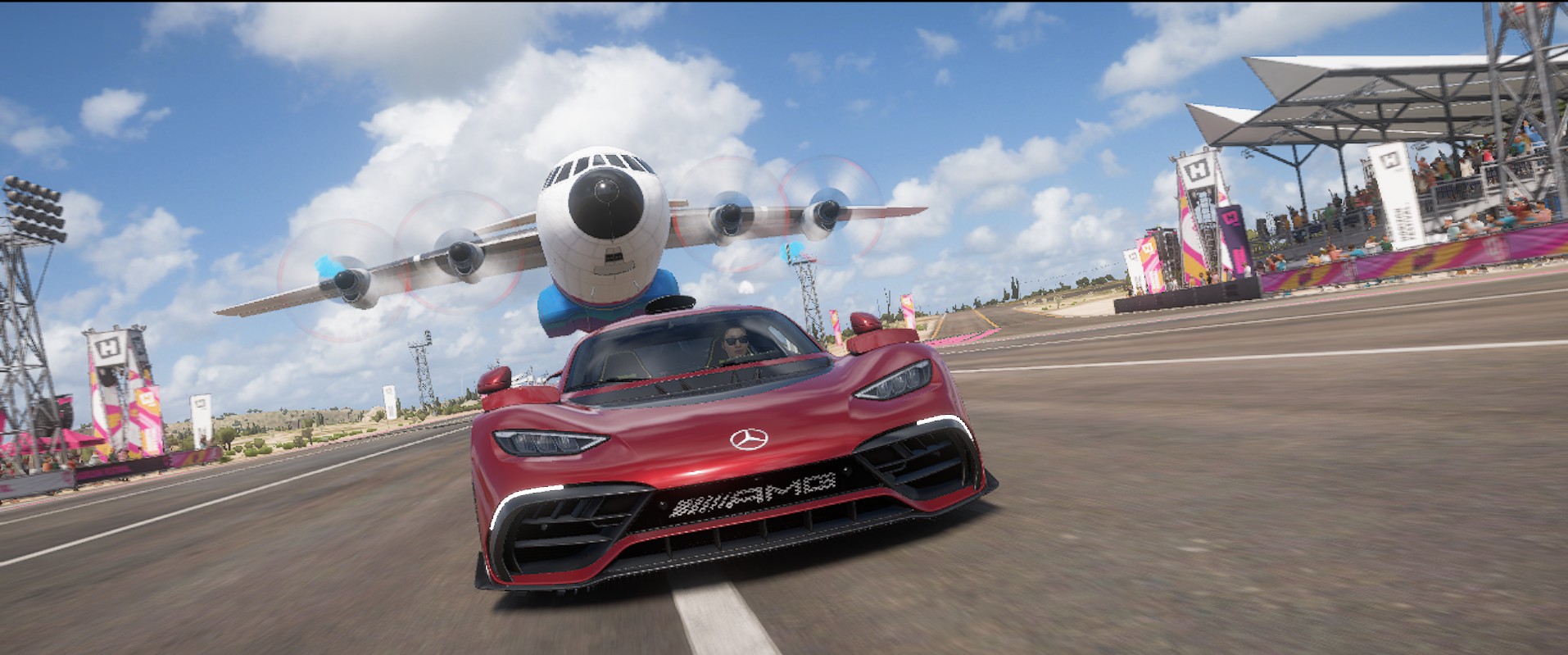
0 Comments